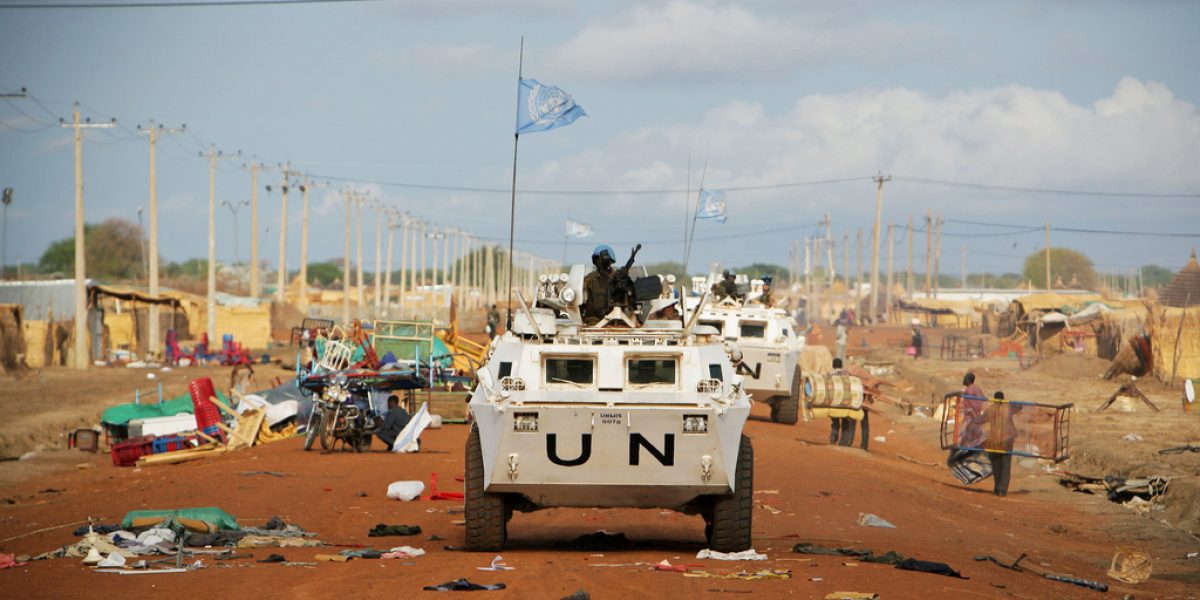Sickening slaughters came to Liberia, Sierra Leone, Somalia, Ethiopia, Angola, Northern Uganda, Mozambique, Congo-Brazzaville, Democratic Republic of Congo and Burundi with only tepid global response.
And now it is happening again in Sudan. The genocide in Rwanda took a mere 100 days. The mass killings, systematic rape and widespread burning of villages in Darfur have been underway for 20 months.
Unwilling to intervene militarily, the developed world has offered pledges of modest aid to assist African peacekeepers. The United Nations Security Council gave Sudan 30 days to stop the murder and pillage, but the killing and burning go on.
Admittedly, the world is quibbling less about language. In 1994, the US administration instructed its spokespeople to refer only to ‘acts of genocide’ in Rwanda. This time, the US declared Darfur a genocide. Various other nations and international bodies have been nearly as strong.
But action has been too slow to change facts on the ground. To its credit, the African Union has deployed a token force of 350 observers and peacekeepers and agreed to increase that force to 3,500.
An estimated 70,000 people are dead, 2 million displaced and hundreds of villages burned. The Sudanese government and its militia allies have succeeded in depopulating Darfur of African farmers.
Each time mass atrocity strikes, politicians and pundits recount in grave detail the extent of the horrors as if the secret to preventing new genocide is vividly remembering the heinous character of the crimes. Such logic misses the point. The only way to prevent atrocities is to remember one rule: every perpetrator has plausible excuses. Diplomats hate to directly challenge the perogatives of other states, but the only way to halt genocide is for the world to have the courage to tell the culprits: ‘You are lying. We no longer care about your excuses and we will act, like it or not.’







